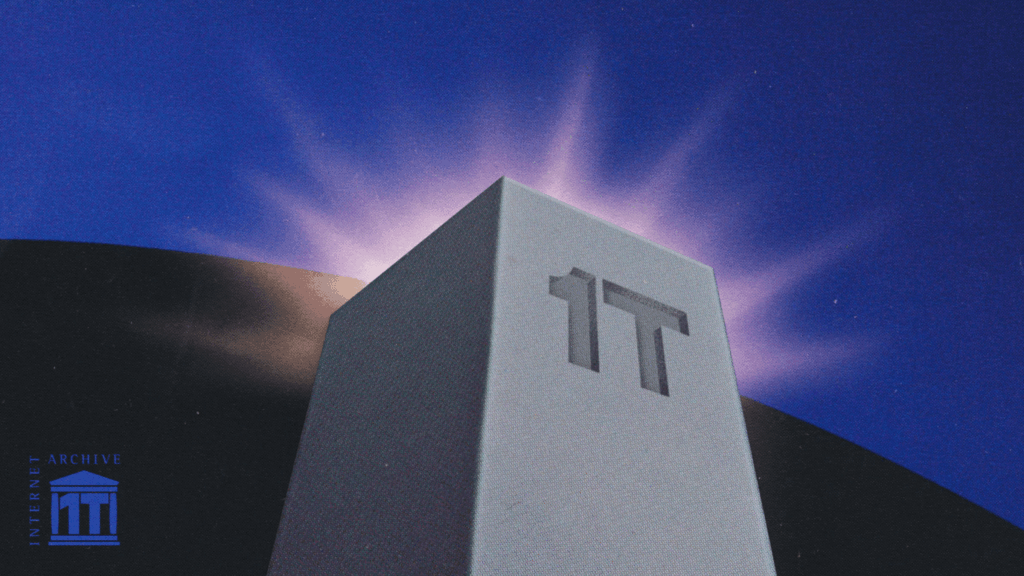- One billion web pages preserved for the public via Wayback Machine
- Decades of digital history stored on 100,000 TB offering online snapshots of memory
- Everyday users and researchers depend on archived pages to recover lost information
The Internet Archive has reached a major preservation milestone, recording a staggering 1 trillion web pages (1 followed by 12 zeros!) since it began backing up the World Wide Web nearly three decades ago.
The vast collection, equivalent to more than 100,000 TB of data, or about 21.3 million DVDs, is available through the Wayback Machine, a tool that allows users to explore archived versions of websites from across the history of the Internet.
Since it began life in 1996, the Internet Archive has partnered with more than 1,200 libraries and institutions to create a shared digital library with the mission of safeguarding online content that might otherwise disappear.
500 million pages every day
This ranges from cultural records and news stories to personal blogs and closed sites like Gawker and MTV News.
By preserving these fragments of the online world, it provides a lasting record of how information and culture have evolved on the web.
If you want to see what the first pages looked like, click here. It’s also worth checking out the then and now pages to see how the Apple, Microsoft and Google sites have evolved over time.
The Wayback Machine captures around 500 million pages each day and serves approximately 800,000 visitors.
Those visitors include academics, journalists, students, and everyday users like me and, I suspect, you. When I find a page that has disappeared or a link that returns an error, I often check the Wayback Machine. You don’t always have a copy, but when you do it’s brilliant.
The archives have been used for every proposition you can think of over the years, including immigration cases, memorial projects, and investigations into misinformation and media history.
Examples cited include a Canadian musician who once relied on archived gig listings to support his residency application, and researchers at King’s College London who use them to track how digital news and open data have developed over time.
Researchers and journalists also turn to the archive to verify deleted or altered material, strengthening online accountability.
Throughout October, the Internet Archive will mark the trillion-page milestone with events celebrating those who built and use the archive.
The meetings will also explore the future of web preservation and how the public can continue to contribute to the collective memory of the Internet.
Follow TechRadar on Google News and add us as a preferred source to receive news, reviews and opinions from our experts in your feeds. Be sure to click the Follow button!
And of course you can also follow TechRadar on TikTok for news, reviews, unboxings in video form and receive regular updates from us on WhatsApp also.




